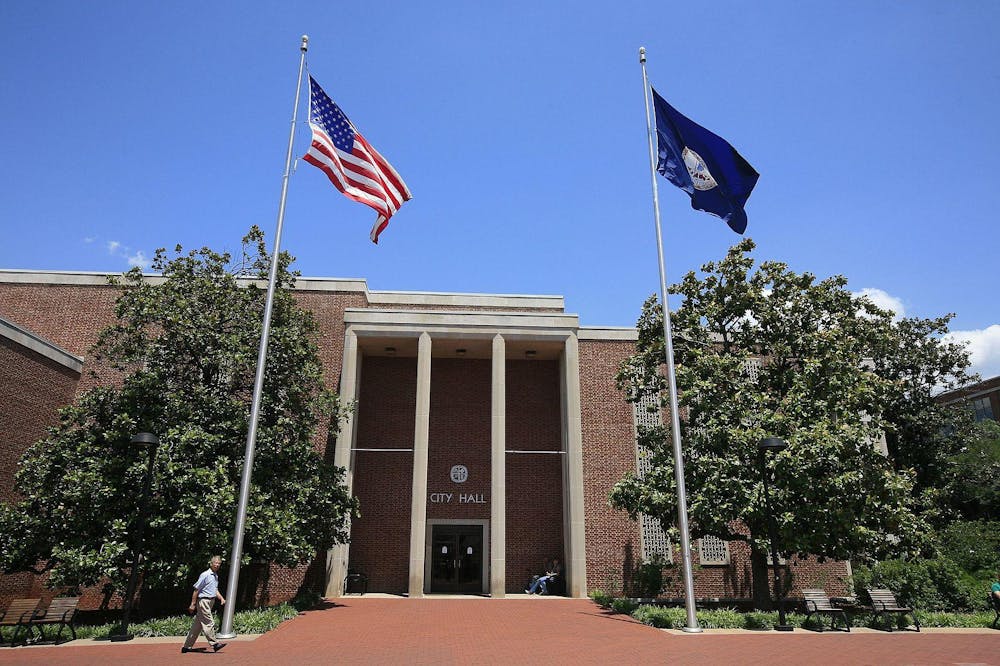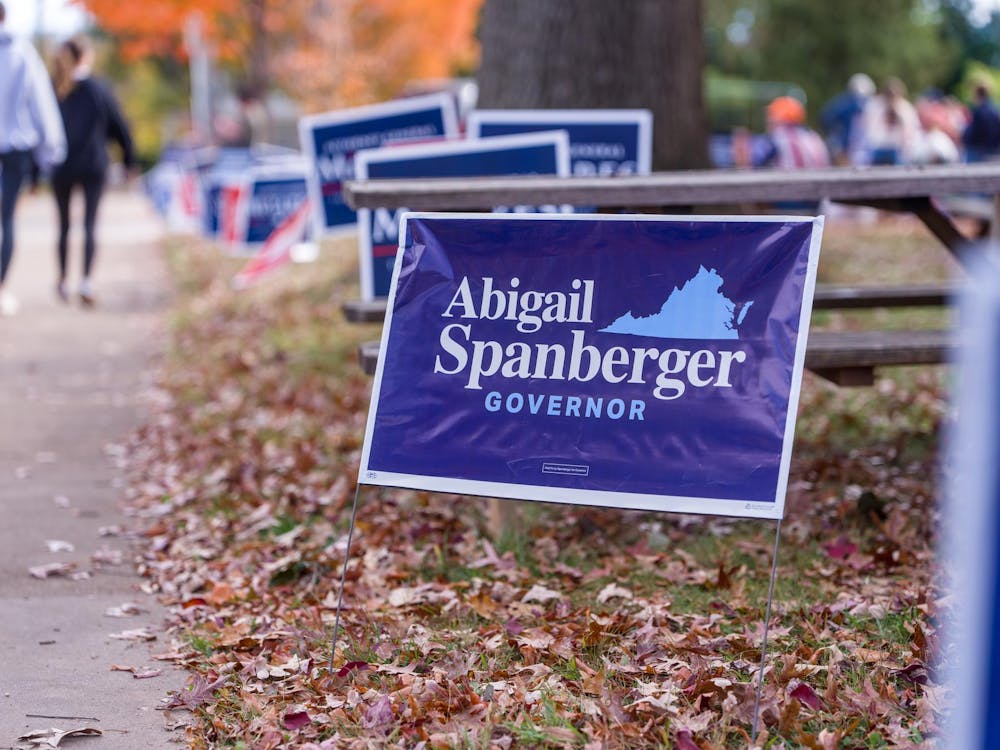June 14, about 5 million people gathered across the country to participate in the “No Kings” protest, showing their disapproval of the way President Donald Trump has shown authoritarian leanings in his second term. While demonstrators themselves remained peaceful, some of the protests became violent as people opposing the protests resorted to acts of violence. In Culpeper, Va., a man intentionally drove an SUV through a crowd of “No Kings” demonstrators, an act of political violence which is abominable in its disrespect for free speech, peaceful protest and basic human dignity.
The frequency of these instances of political violence is increasing, both in Virginia and nationwide. Virginians are becoming more accustomed to hearing this kind of news on television. So it was perhaps not surprising that Governor Glenn Youngkin pre-emptively deployed the National Guard to sites of the planned protest, including Culpeper. However, instead of preventing violence, this deployment likely bred it, implying that the demonstrations required state force to keep in check. Of course, Youngkin cannot be held fully responsible for the political violence which happened in Culpeper, but he can play a powerful role in preventing this disease of hatred from spreading. Government escalation often breeds — but does not diffuse — violence. There is no excuse for these aggressive acts against members of the opposite viewpoint.
Many signs point to the Culpeper attack as being an act of political violence — an act of malice and ill intent towards those who subscribe to a different political ideology than oneself. Tragically, this is not the first time Virginia has seen such instances of targeted political violence, both from everyday citizens who disagree with protesters and from police forces deployed to quell certain perspectives. Charlottesville, as a town, is all too familiar with these dynamics. In 2017, when counter-protesters showed solidarity with the community after a white supremacist mob invaded Grounds, a car driven by one of these white supremacists plowed through the crowd. And on May 4, 2024, peaceful protesters were forcefully removed, with assistance from the State Police, from an encampment near the University Chapel. While these two events should be understood differently — in one, a citizen perpetrated violence, and in the other, it was the state — they both prove the prevalence of political violence in our backyard.
There are numerous drivers of political violence, but it is difficult to determine which one imposes itself the most. On one hand, many of these attacks can be chalked up to one deranged individual. However, the escalation of political demonstrations with military presence often has some effect on how people see themselves as actors in a protest. The protests in Los Angeles — and Trump’s response — is a vivid example of this concept on a federal scale. The president claims that he wanted to prevent a riot, but his actions had the opposite effect. While proactively deploying the National Guard to a protest may, on the surface, appear to immediately dissuade any agitators from turning a protest into a riot, this gives the protest a violent impression to outsiders before any violence is committed.
While reducing needless militarization may seem clear cut, the governor has an institutional responsibility to consider the deployment of the National Guard if a threat to public safety seems imminent. This idea theoretically explains — but does not justify — Youngkin’s thinking. Seeing the violence in Los Angeles, he may have proactively wanted to prevent similar violence. However, the deployment of the National Guard cannot be founded in these knee-jerk, surface-level perceptions of political demonstrations. We must implore our government to think about how the public will view protests if the protesters are given the label of “violent” without any evidence to warrant it.
The language of the government surrounding political situations also plays a role to increase or decrease tensions, and thus chances of violence. Using divisive language only serves to give credence to the mindset of “us against them” and create a fertile soil bed for political hate to grow. Youngkin has, thankfully, not overtly called for war, but he has more to do when it comes to bridging political divides and making political violence less political.
Acts of political violence across the United States have become more frequent in recent years. This is a positive feedback loop — when more people accept political violence as a legitimate form of protest, it breeds more political violence which in turn makes it more acceptable. The Virginian government needs to break this cycle now before it completely engulfs politics. The public increasingly views political violence as political, as an act of protest. It is time we saw it as what it really is — violence.
The Cavalier Daily Editorial Board is composed of the Executive Editor, the Editor-in-Chief, the two Opinion Editors, a Senior Associate and an Opinion Columnist. The board can be reached at eb@cavalierdaily.com.







